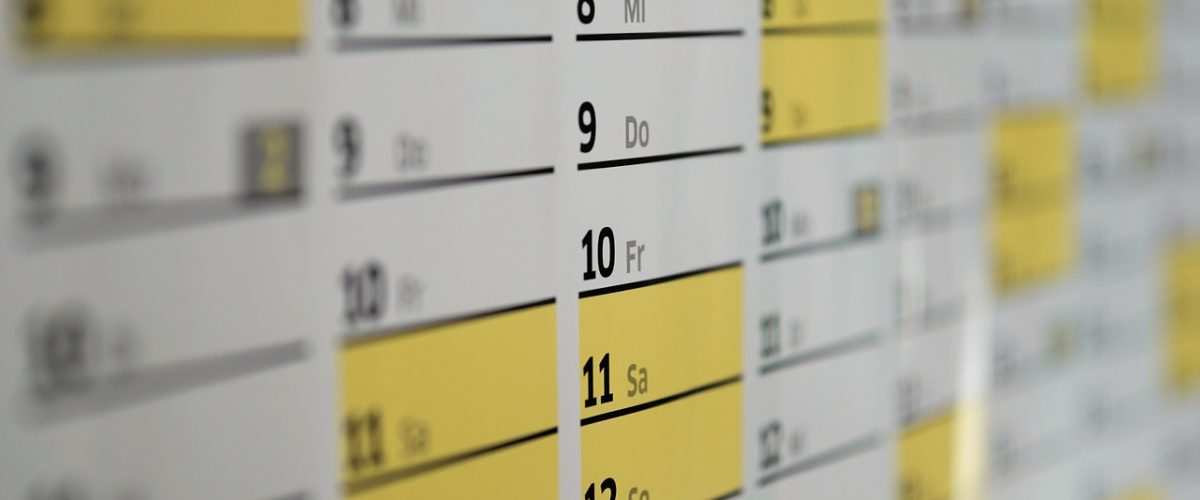
"We're definitely going to have to set up a schedule for therapy at home". This caregiver's wise words will lead to better outcomes over time.
Many people with aphasia were working, or actively involved with projects after retirement, when they developed aphasia. One of the hardest parts about aphasia is not being able to do many of the hobbies or work that you enjoyed. Now how do you fill the day?
When families with aphasia come to us for intensive aphasia treatment, the person with aphasia is actively engaged for a "workday", 5-6 hours every weekday. They get into this routine again fairly easily and it gives them purpose. Many people are up early and ready to start work every morning!
However, once their program session is drawing to a close, we often recommend that our families create schedules for working on their home programs. It can be difficult for our clients with aphasia to transition back to a less-structured home life. Motivation is only a part of the pathway to success–discipline is the key–and discipline is the result of creating and keeping schedules and commitments. Everyone's motivation falters at one time or another.
Relying only upon motivation to push yourself to make progress isn't a stable strategy. Once you are sick or too tired, it's that much easier to not do it the next time you should. Think of how much better you do if you are accountable to someone else and you have to show up. Even if you want to make excuses, you don't, and you show up and do it anyway. Once you've started, whether it's exercising or learning Spanish, you're glad you did it and you feel better about yourself. You were responsible for your success.,
Positive reinforcement of our decisions and hard-work goes a long way. Sometimes we can talk ourselves out of something that we want to do or become resistant to change or effort. So start helping your loved one schedule their at-home work, exercise, chores, errands, and more. It's good to have responsibilities again as a person with aphasia and know what's coming next.
